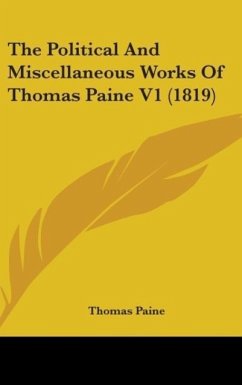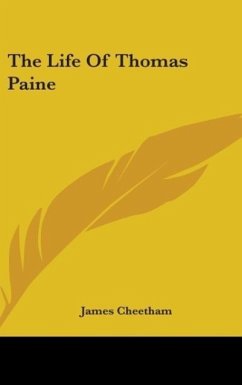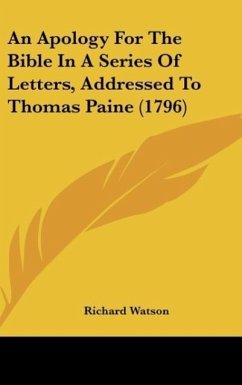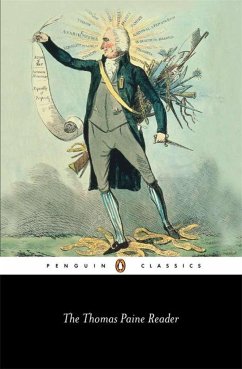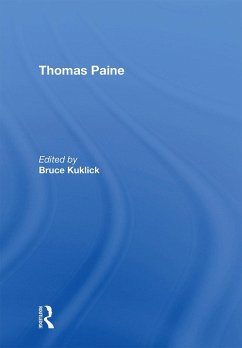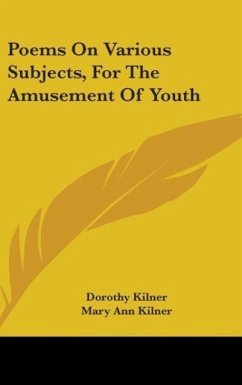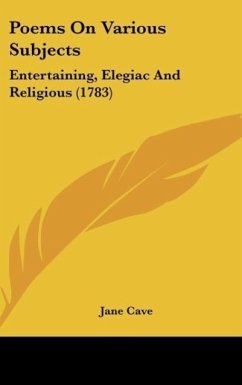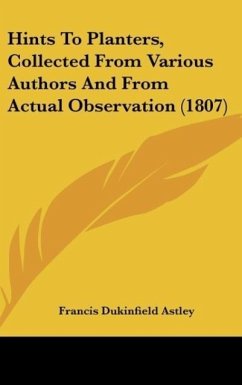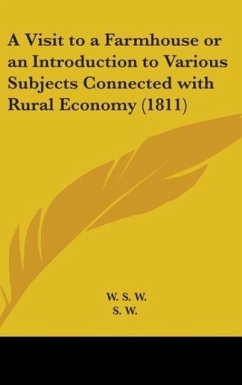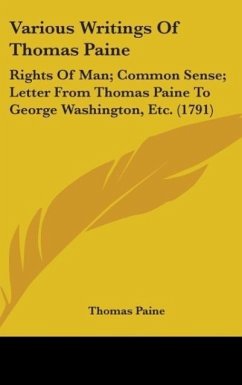
Various Writings Of Thomas Paine
Rights Of Man; Common Sense; Letter From Thomas Paine To George Washington, Etc. (1791)
Versandkostenfrei!
Versandfertig in 1-2 Wochen
42,99 €
inkl. MwSt.

PAYBACK Punkte
21 °P sammeln!
Also Contains: A Letter To The Earl Of Shelburne On His Speech Respecting The Acknowledgment Of American Independence; A Letter To The Abbe Raynal On The Affairs Of North America; Thoughts; Two Letters To Lord Onslow And One To Mr. Henry Dundas; The Jockey Club; Lessons To A Young Prince; A Letter To The Marquis Of Lansdown; Prospects On The War And Paper Currency Of Great Britain; The Decline And All Of The English System Of Finance; The Age Of Reason.



